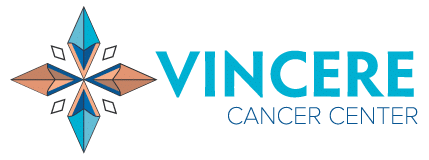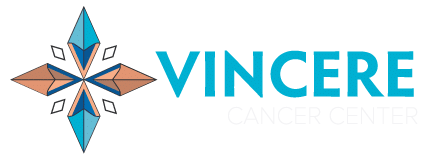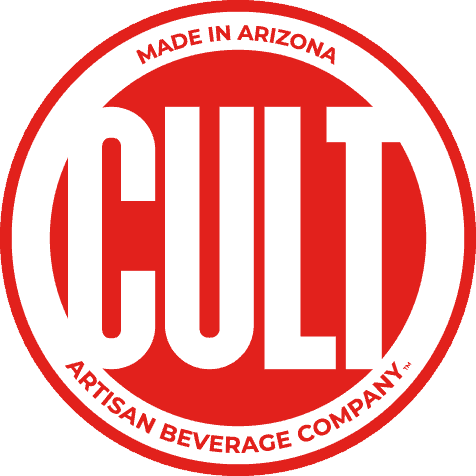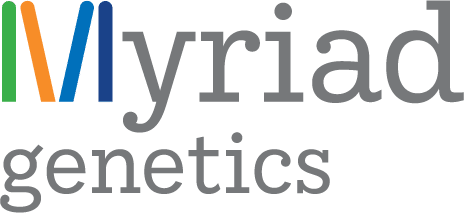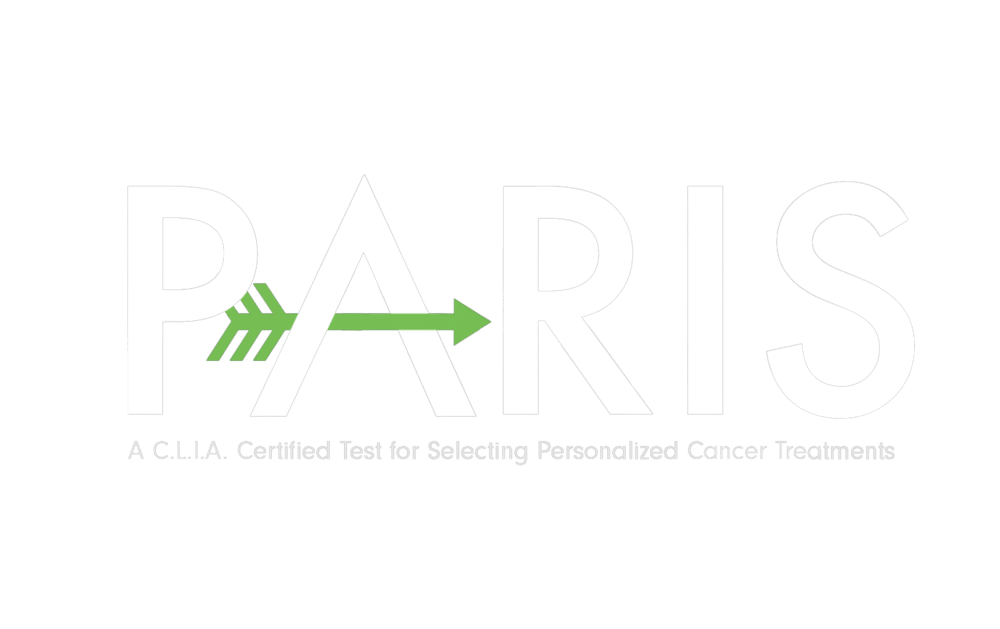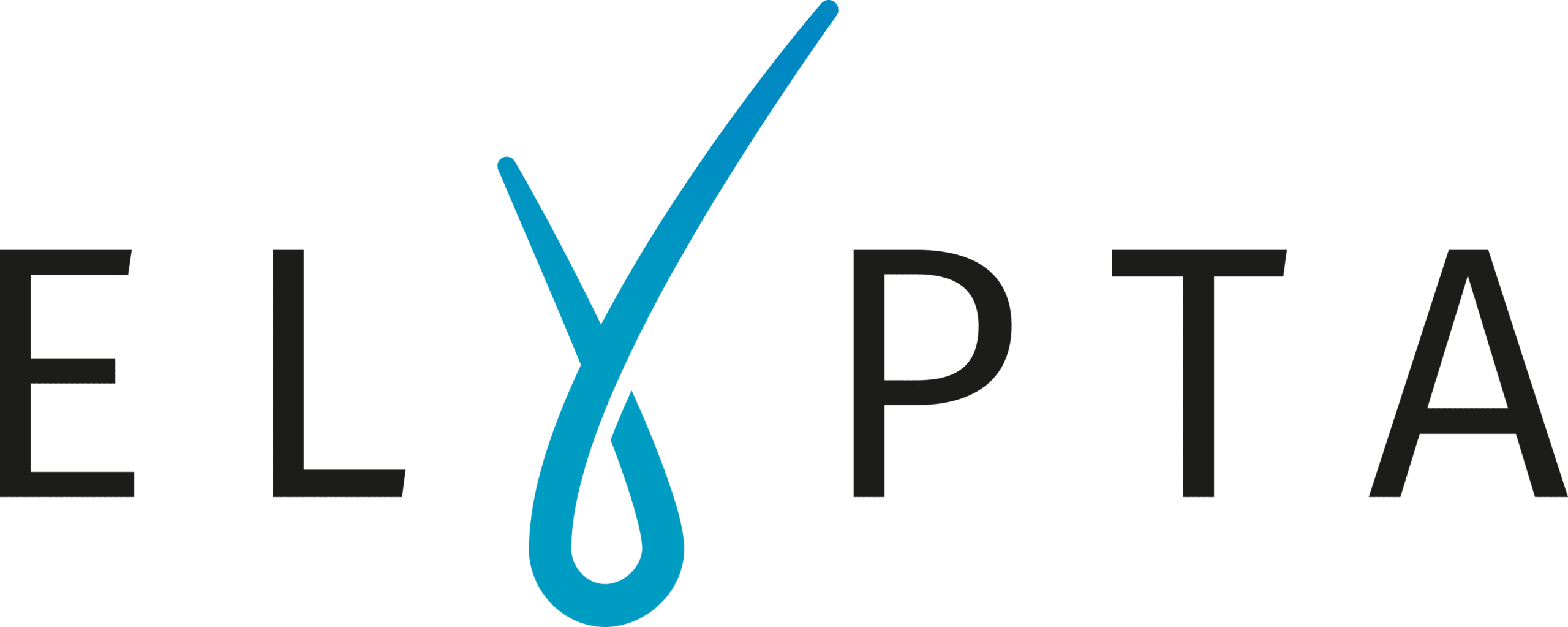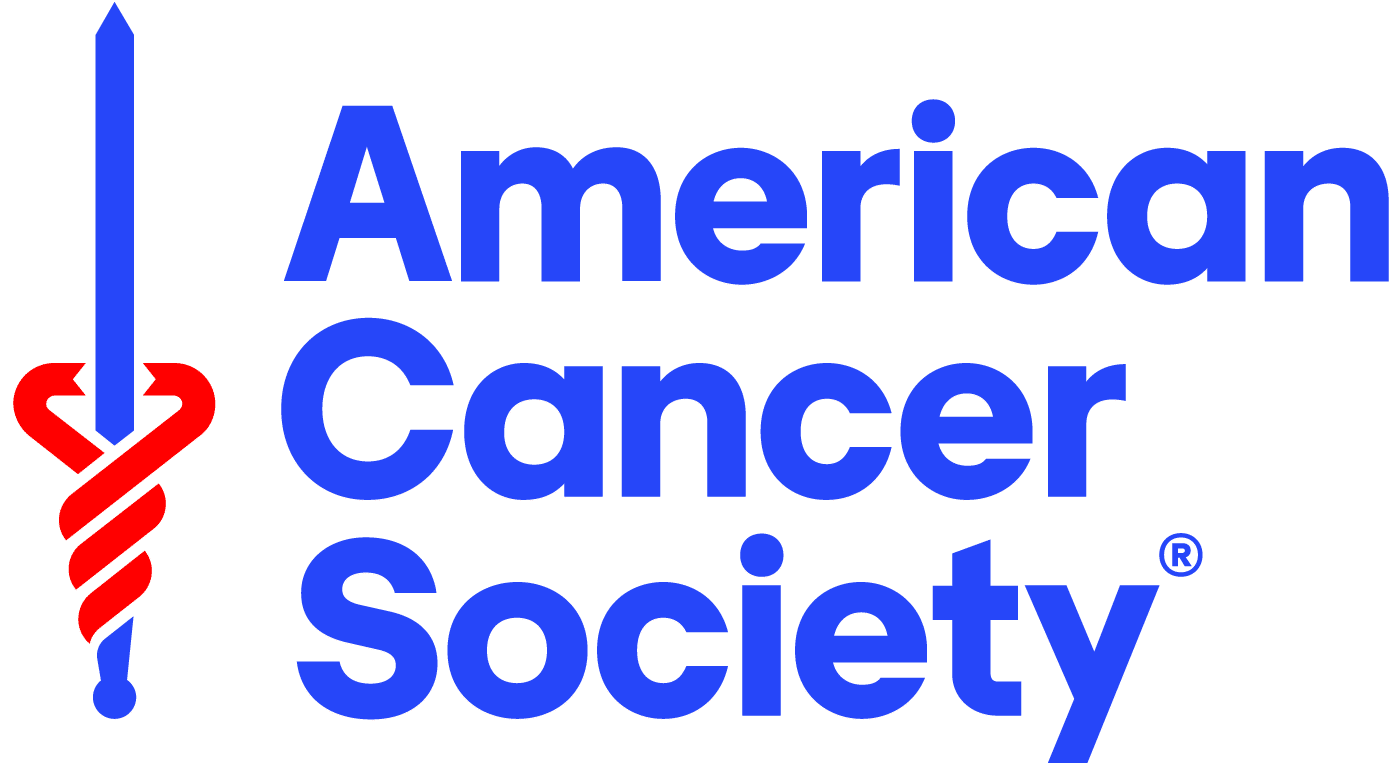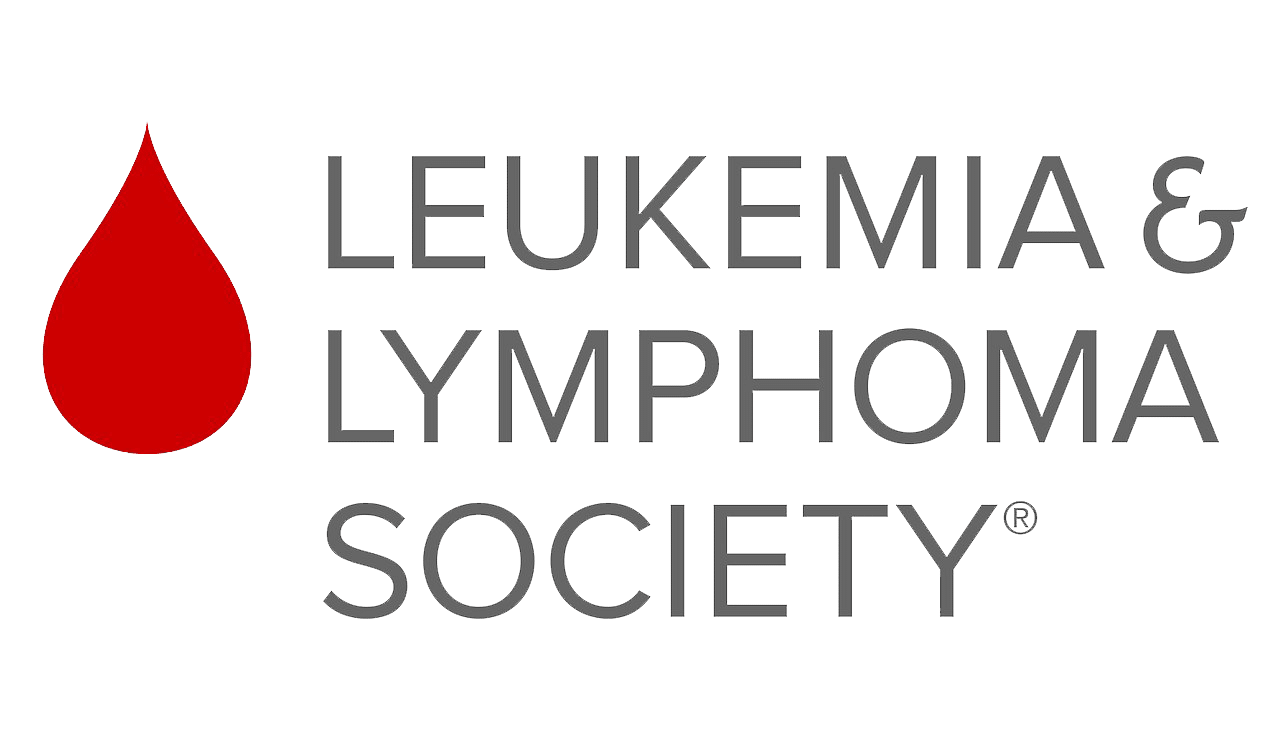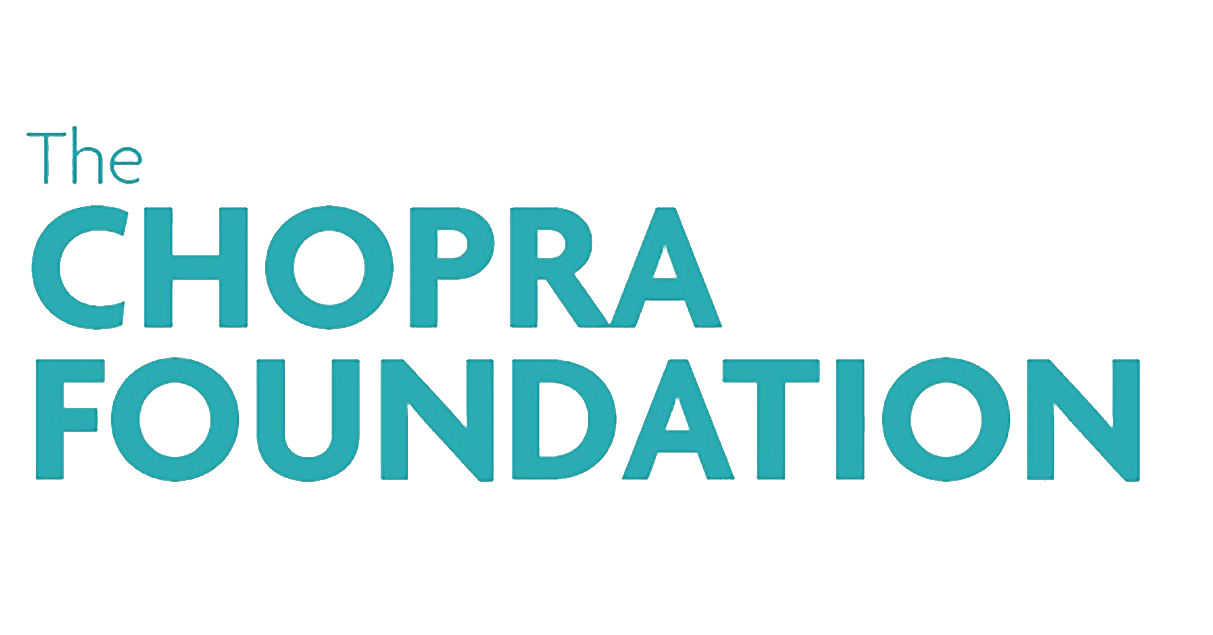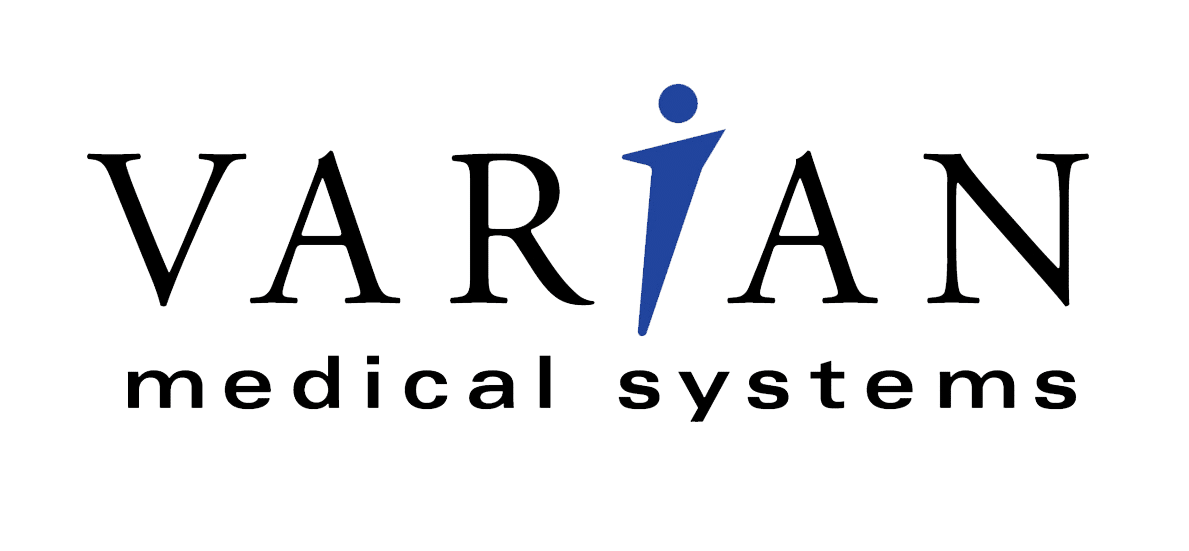Vincere Foundation
The Vincere Foundation:
SAVING THE LIVES OF OUR LIFE-SAVERS
Cause
The Vincere Foundation was established in order to advance cutting edge technology in firefighter and first responder cancer prevention, early detection, and treatment. At its inception, Vincere observed the increasing prevalence of late stage cancer diagnosis in young healthy appearing firefighters. This acceleration in firefighter cancers was also observed following 9/11 as well, however, there was no comprehensive cancer screening program for firefighters and first responders, treating them as a high risk group.
The Vincere Foundation was privately funded to investigate the safety, viability, and efficacy of the most progressive and comprehensive firefighter and first responder cancer screening program in the country. Six hundred firefighters were screened with Vincere’s program. Twenty-one Stage 0-2 cancers were diagnosed in this program with an extremely high cure rate, compared to the same cancers diagnosed later at Stage 3-4 when not undergoing the cancer screening program. This led to much quicker diagnosis, high cure rates, high satisfaction for firefighters and first responders, and much lower costs for the cities who were self insured.
The City of Phoenix, led the country in implementing this program once Vincere Foundation proved its success.
Supporters
The Vincere Foundation’s next endeavor involves precision medicine selection of chemotherapy. Firefighters have aggressive environmentally based cancers that are commonly resistant to standard chemotherapy regimens. Because of this, firefighters routinely fail chemotherapy treatments with tumors continuing to grow and metastasize.
The Foundation seeks to enroll 100 firefighters with cancer needing chemotherapy into the Paris test by SEngine. In this test, the patient’s tumor is biopsies and the live cells are gown ex vivo in the lab as three dimensional organoids with the immunological cells including fibroblasts in this mosaic tumor pattern closely representing the patient’s tumor in every way including the genetic expression of that tumor. The tumor organoids are then divided into 50 portions and treated with a drug library of over 250 chemotherapy, targeting therapy, and immunotherapy drugs. This is done before chemotherapy is given to the patient in order to find the most effective chemotherapy for the patient. This will also show the safety, viability, and efficacy of choosing the most appropriate chemotherapy at the beginning of treatment as well as the financial advantage of lowering costs of treatment by having higher cure rates and not choosing infective expensive chemotherapy drugs.
VINCERE FOUNDATION PARTNERS
Research
Current and ongoing studies:
1 – Reflection: A Clinical Practice Learning Program for Galleri: prospective cohort study evaluating the performance of the Galleri MCED test in clinical settings and the impact on patients (Sponsor: GRAIL), enrolled over 2000 participants
2 – Caris Biorepository Research Protocol: biomarkers in the diagnosis and treatment of colorectal cancer and breast cancer (Sponsor: CARIS) enrolled over 500 patients
3 – SOAR: Detecting Cancers Earlier Through Elective Blood-Based Multi-Cancer Early Detection (MCECD) Testing – Study of All Comers: prospective randomized control trial study evaluating the efficacy and safety of MCED testing (Sponsor: EXACT SCIENCES)
Current and ongoing studies:
1 – Reflection: A Clinical Practice Learning Program for Galleri: prospective cohort study evaluating the performance of the Galleri MCED test in clinical settings and the impact on patients (Sponsor: GRAIL), enrolled over 2000 participants
2 – Caris Biorepository Research Protocol: biomarkers in the diagnosis and treatment of colorectal cancer and breast cancer (Sponsor: CARIS) enrolled over 500 patients
3 – SOAR: Detecting Cancers Earlier Through Elective Blood-Based Multi-Cancer Early Detection (MCECD) Testing – Study of All Comers: prospective randomized control trial study evaluating the efficacy and safety of MCED testing (Sponsor: EXACT SCIENCES)
4 – FFCCS: Firefighters Cancer Cohort Study: a multi-site national study investigating the impact of firefighter exposure on cancer (Funding: FEMA)
5 – Liquid Biopsy in Cancer Screening and Cancer Surveillance: studying the use of liquid biopsy cfDNA, correlated with radiological findings on low-dose lung CT and whole-body MRI, to differentiate cancers and monitor progression of benign lung nodules (Collaboration with University of Arizona)
6 – Surveillance of Abnormal Lung Nodules: investigating the feasibility of a cloud-based software which tracks and predicts changes in abnormal lung nodules over time and in response to treatment (Collaboration with University of California)
4 – FFCCS: Firefighters Cancer Cohort Study: a multi-site national study investigating the impact of firefighter exposure on cancer (Funding: FEMA)
5 – Liquid Biopsy in Cancer Screening and Cancer Surveillance: studying the use of liquid biopsy cfDNA, correlated with radiological findings on low-dose lung CT and whole-body MRI, to differentiate cancers and monitor progression of benign lung nodules (Collaboration with University of Arizona)
6 – Surveillance of Abnormal Lung Nodules: investigating the feasibility of a cloud-based software which tracks and predicts changes in abnormal lung nodules over time and in response to treatment (Collaboration with University of California)
